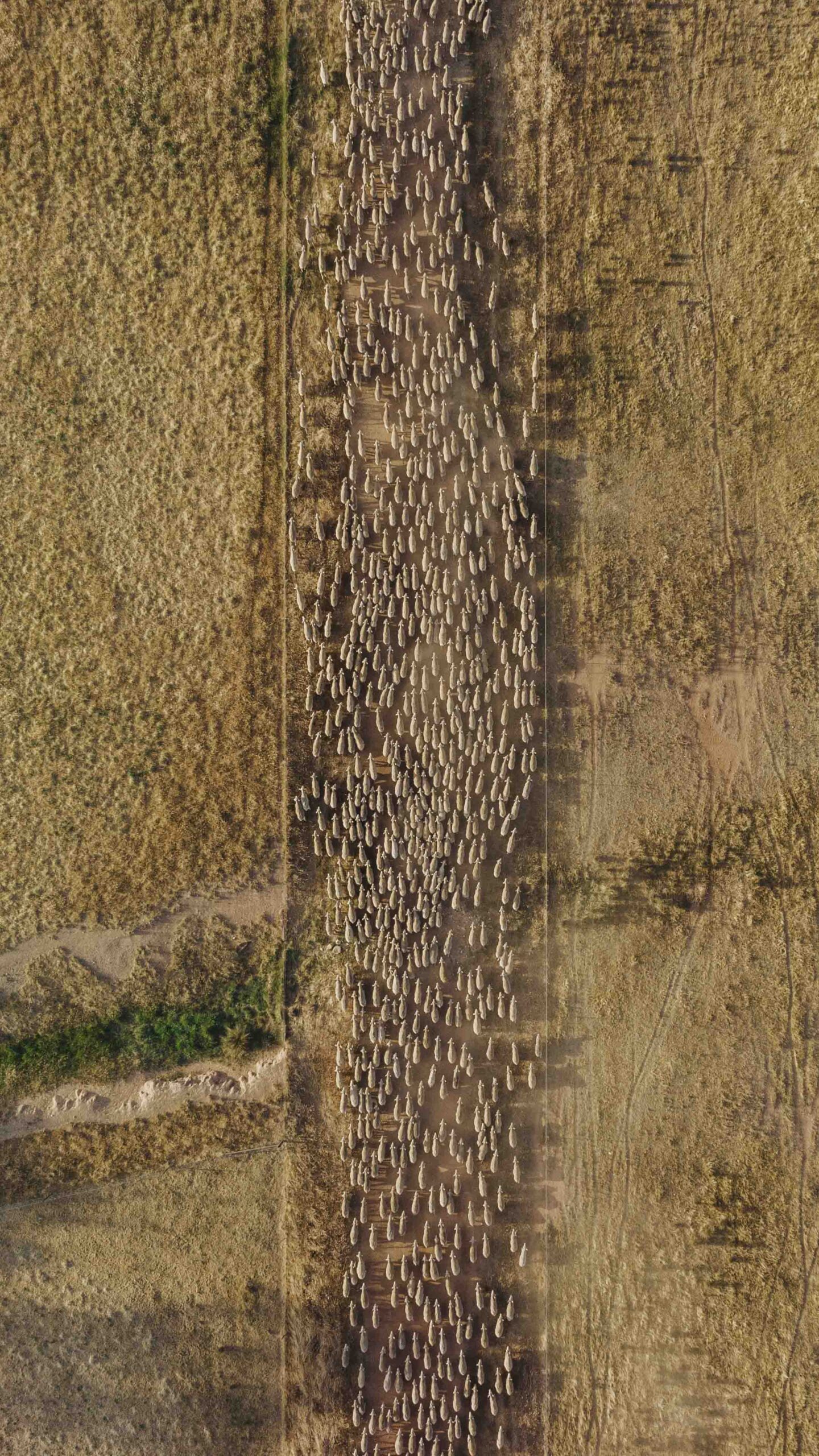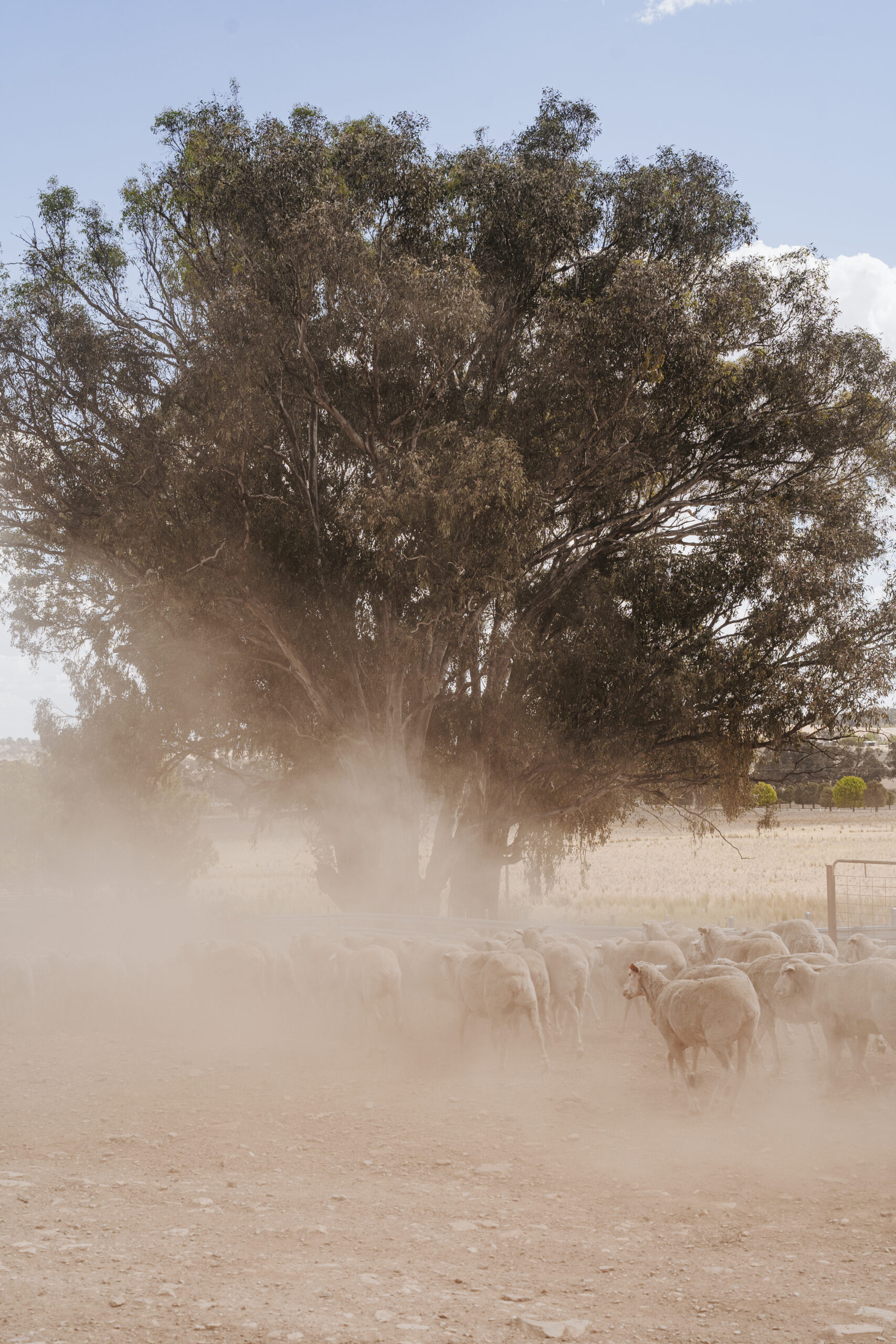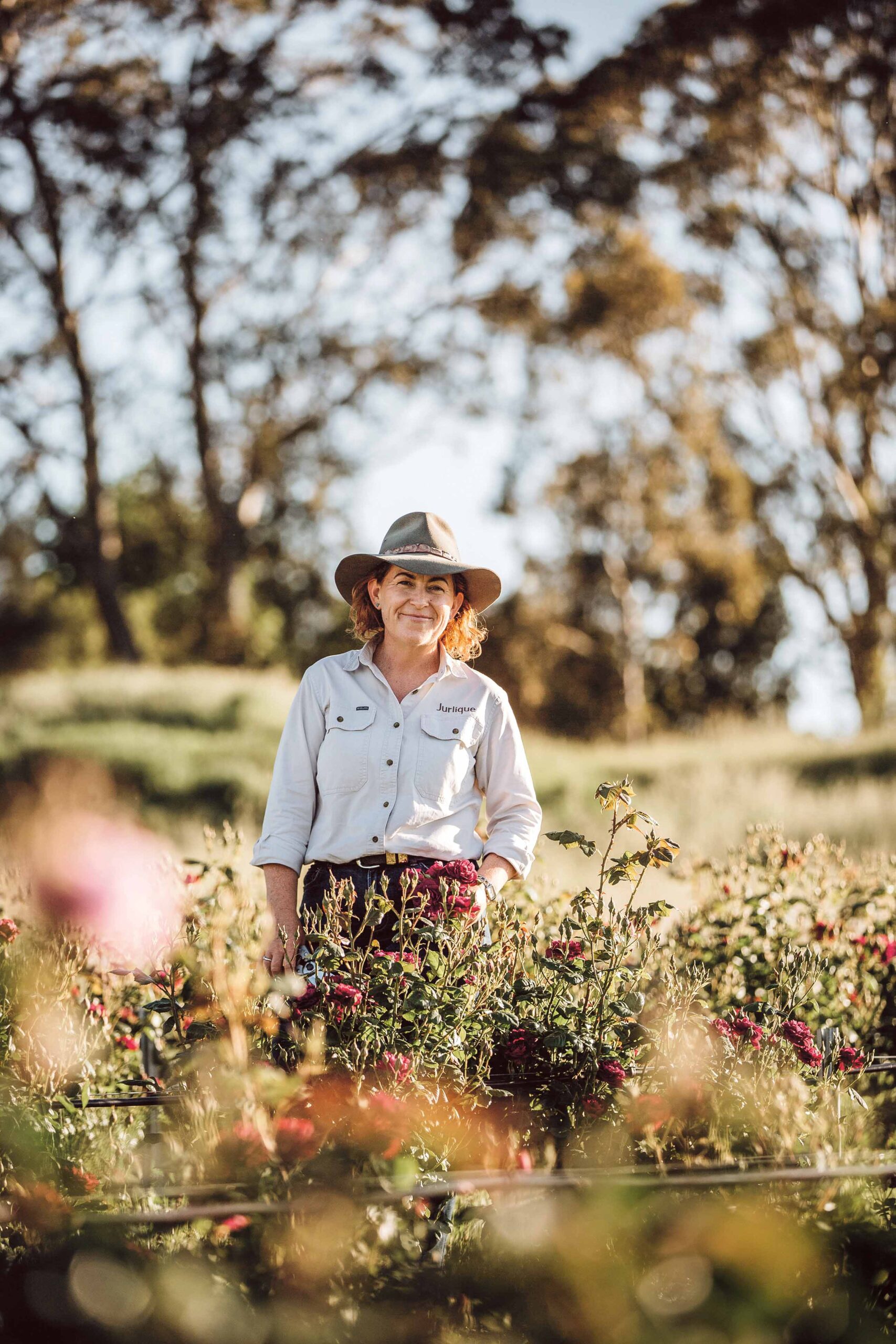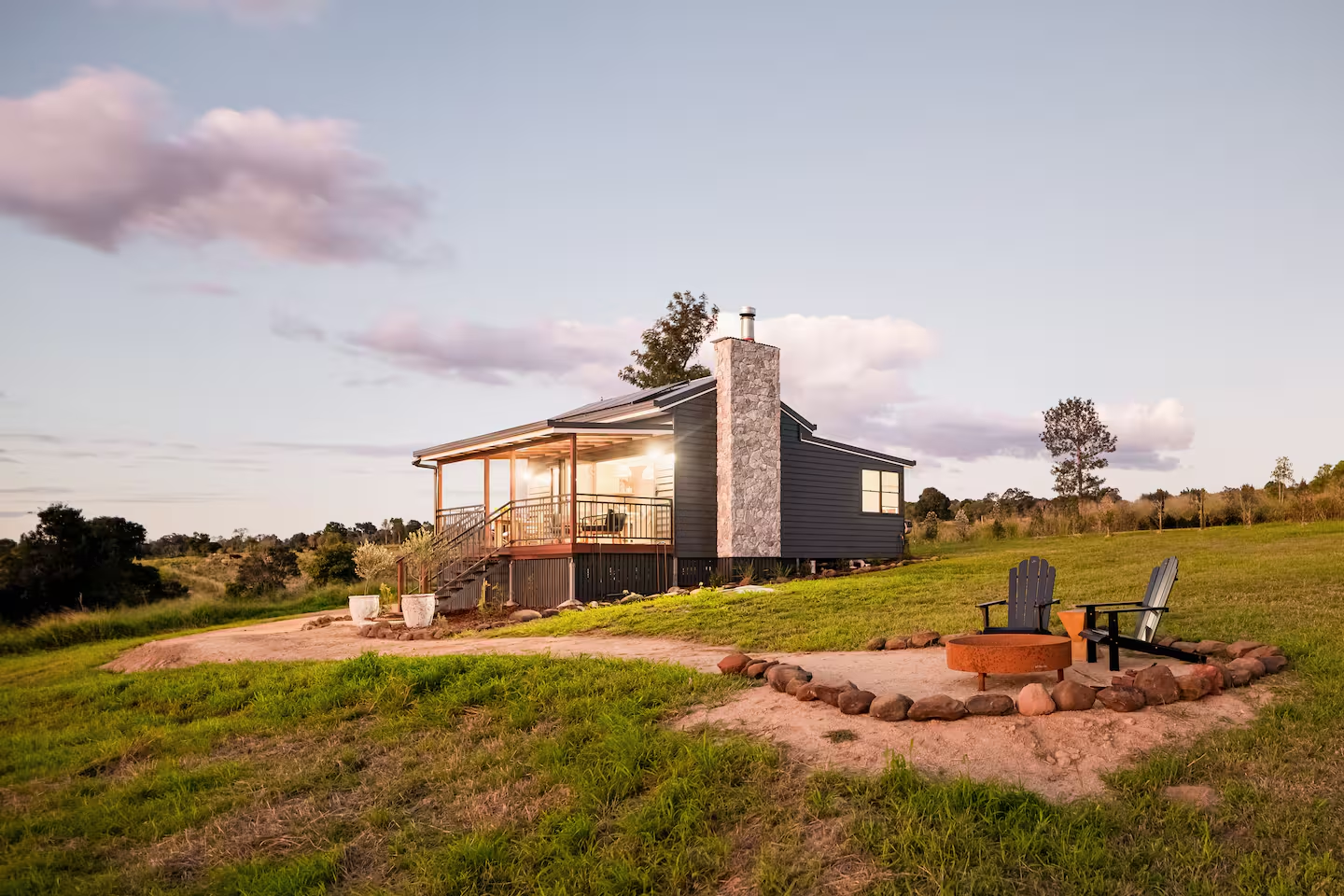Photography Alexandra MacAlpine
Sign up to our mailing list for the best stories delivered to your inbox.
WORDS AND PHOTOGRAPHY ALEXANDRA MACALPINE
They had their challenges, like any season does. Unpredicted boggy springs and flies in wet wool were perhaps our biggest concerns. But overall, it was highly enjoyable. The days were mild and warm, and rain was our guest who delightfully overstayed her welcome long into the spring.
In December, uneasy with the way the season was heading, Alex took the time to sit down and map out his summer grazing plan. Lambs were sold long before the dryness settled in, the date for when the rams went out with the ewes was pushed back, and
we only kept the ewes we knew we could manage with the amount of feed we had in front of us. Paddocks were observed more closely, with continual stock rotations and monitoring dam levels. All the outdoor jobs were completed early in the day, ideally before smoko but sometimes a little after, to avoid the all-consuming heat that beat down on us.
There was another element of a typical summer season that we had forgotten. It returned quicker than expected and we were unprepared for how we’d feel about it. It even caught Alex a little off guard. “I’m surprised how quickly it’s come back,” he told me over smoko back in November, “but this is just an average season.” Perhaps that’s reassurance for himself more than me.
DUST
Alex was covered in it. I prompted him to shake it off every time he walked through the door. The only part of him not covered in it were his eyes: his bushy eyebrows acted as a defence to the
infiltrating particles, coming to the aid of his sunglasses. Our vehicles and sheds were engulfed in a soft fine layer of it and the ewes were covered in it, though they didn’t seem to mind. Dry summers mean we don’t have to worry about worms or flies; perhaps the only concern is pink eye.
The guinea fowl certainly didn’t care. They were deliriously happy to ruffle their feathers in the parched dirt and sit in it for most of the afternoon. Our son Jimmy didn’t seem bothered by it either. So long as he had his sunglasses, his hat and a blue work shirt just like his dad, he was happy to weather the dusty haze.
It whirled and spun and never settled where it was before. It travelled in the air for long periods, seeking an object to cling to. I found myself regularly wiping furniture with a damp cloth and vacuuming more often. It irks me how easily it seeps into our house, though it really shouldn’t surprise me. Our 1950s home is as well sealed as a sieve.
For the past few years, the dust of the laneway has been but a soft layer of padded road. But the smell of dampness was long gone and in its place was the free-roaming, all-encompassing, earthy smell of tiny particles, which you couldn’t help but breathe in every time you drove along the laneway. When we mustered hundreds of ewes, regardless of whether it was early morning or late afternoon, the dust appeared from beneath the moving flock. Hovering like a low-lying cloud, never moving unless a breeze took it away. A subtle reminder of the rain we hadn’t had. The rising and setting sun did little to ease it. Instead, the rays highlighted it in its own glory-filled moment.

Photography Alexandra MacAlpine

Photography Alexandra MacAlpine
Just as quickly as the dust arrived, it disappeared again. January brought unexpected storms and relief. That is the unpredictability of the weather: one can never become accustomed to it for too long. No doubt the dust will return; and who knows what the remainder of the summer will bring? By the time we’ve adjusted, autumn will roll in, bringing with it crisp, cool mornings, falling leaves and the bleating of young lambs come May.
When rain returns to regular programming, she will bring with her a clean slate and a reversion to the predictable, soft padded laneway. All that will linger of this dubious summer is dust on the odd surface I’ve forgotten to wipe or that tool or piece of machinery that is yet to be used again; a memento to the summer that was.
Alexandra MacAlpine lives on Parkwood, a sheep and grazing property in the Central West of New South Wales. Follow Graziher on Instagram to see her ‘Thoughts on a Laneway’ reels.

Raised on a dairy farm near Hahndorf, SA, farm manager Cherie Hutchinson has a deep love for the land she works on.

If you like the idea of a private plunge pool, mountain views and a glass of local verdelho, it’s time to start planning your Firebreak Farm escape.